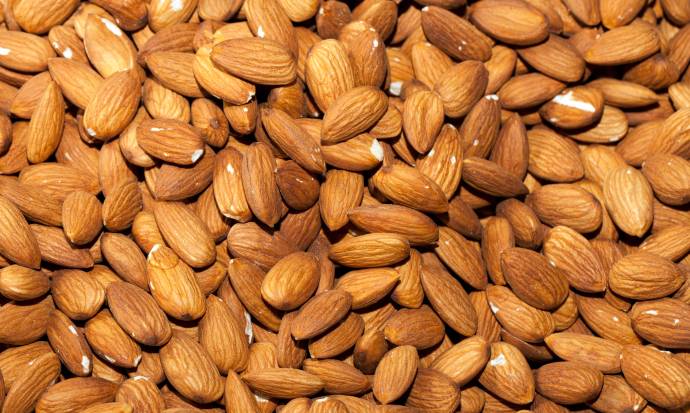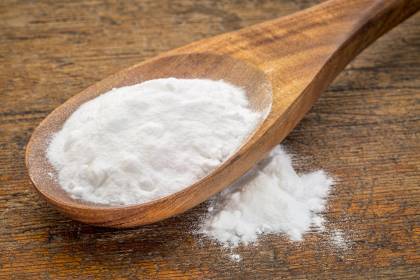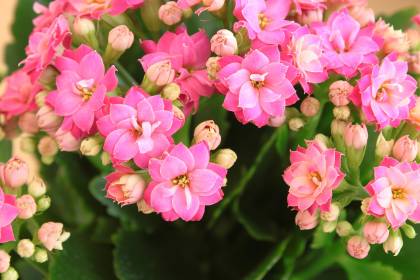Connect with a verified veterinarian in minutes. Licensed vets are available 24/7 to answer your questions. No need to worry about your furry family member.
Almost everyone loves to eat almonds! They’re a nutritious snack, too. You may be enjoying a handful of almonds when you accidentally drop one on the floor. Your kitty is nearby and is curious, so she pounces on it and eats it before you can even holler, “No!” But what happens if a cat eats almonds?
Has your cat eaten almonds? Are you worried the almonds will make your cat sick? If so, you’ve come to the right place. We understand it can be scary when your cat eats something like this.
We’ve put together some information about almonds and whether they can make a cat sick. Let’s get started!
What are Almonds?
The almond is a tree species that are native to Iran and other countries in that part of the world. The almond is also the name of an edible tree seed that is cultivated from the almond tree.
Almond nuts contain healthy vitamins, minerals, protein, and fiber; these nutrients are all great for your health! In addition, the nuts are versatile and can be eaten raw or toasted. They can also be used in sweet or savory recipes, and they come flaked, sliced, slivered, in the form of flour, oil, butter, and even almond milk!
While almonds are safe for humans (in moderation), what happens if a cat eats almonds? Can the almonds make a cat sick?
Almonds & Cats
There are different types of almonds; one that’s toxic to cats and the other that’s not toxic. The non-toxic almonds are called “sweet almonds.” While they’re not toxic to cats, they can make a kitty become very sick.
On the other hand, bitter almonds can make a cat sick. These nuts contain cyanide, a natural toxin found in many plant seeds and pits. In very small amounts, this toxin won’t hurt a cat. However, if a cat eats a larger amount of almonds, she could suffer cyanide poisoning. This can be a deadly health issue unless the cat receives prompt medical care.

Review symptoms, medications & behavior to keep your pets healthy with a Vet Online in just minutes.
Ask a Vet Live NowSymptoms of Almond Ingestion in Cats
If your cat eats sweet almonds, you may notice these symptoms:
- Diarrhea
- Vomiting
- Nausea
If these symptoms last longer than 24 hours, then its time to call the vet. Continuous diarrhea and vomiting can lead to dehydration in cats.
If your cat eats bitter almonds, call the vet immediately. This is an emergency. The sooner your fur baby receives medical treatment, the better her chances are of making a full recovery.
We always believe the best medicine is prevention! So, be sure to keep almonds and other nuts out of your cat’s reach!
Connect with a verified veterinarian in minutes. Licensed vets are available 24/7 to answer your questions. No need to worry about your furry family member.

Julie
Julie is a graduate of the University of North Carolina, Wilmington, where she studied Animal science. Though contrary to the opinion of her parents she was meant to study pharmacy, but she was in love with animals especially cats. Julie currently works in an animal research institute (NGO) in California and loves spending quality time with her little cat. She has the passion for making research about animals, how they survive, their way of life among others and publishes it. Julie is also happily married with two kids.
Review symptoms, medications & behavior to keep your pets healthy with a Vet Online in just minutes.
Ask a Vet Live Now




